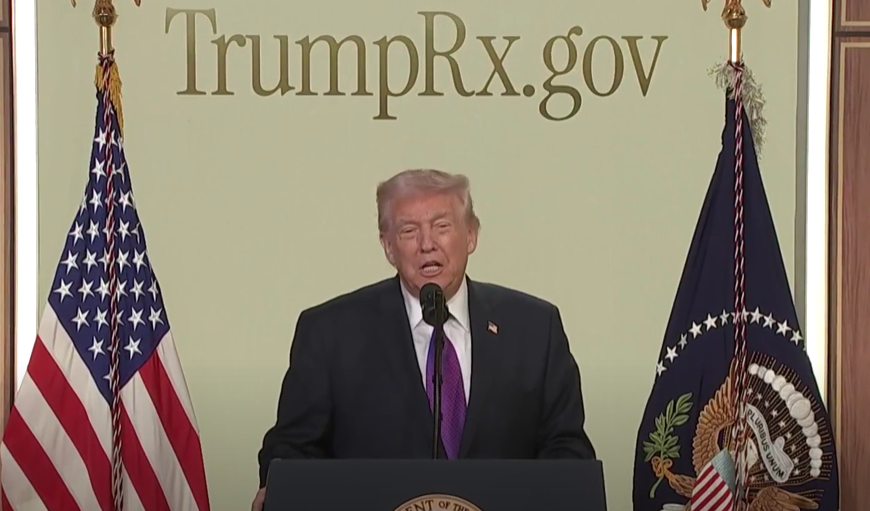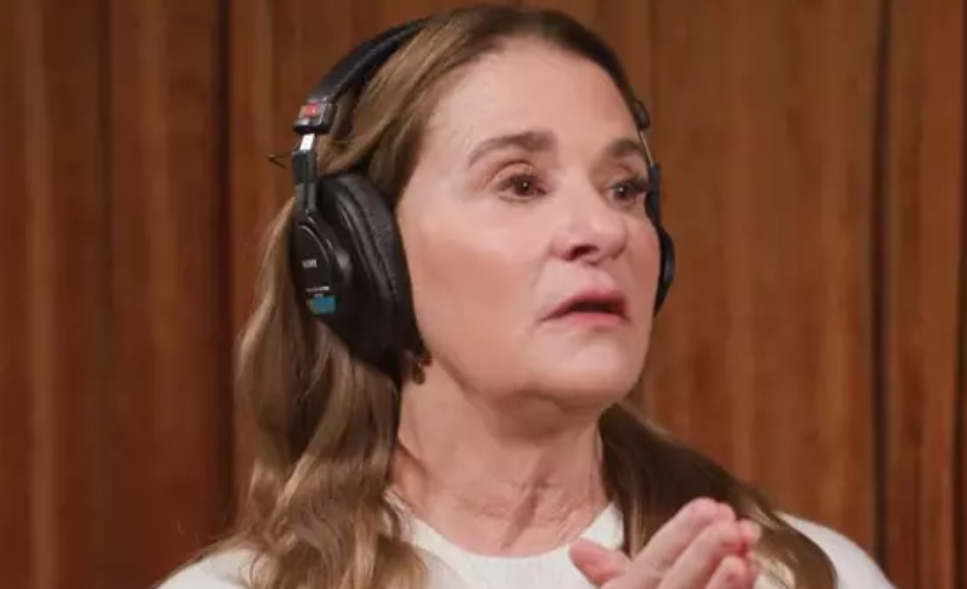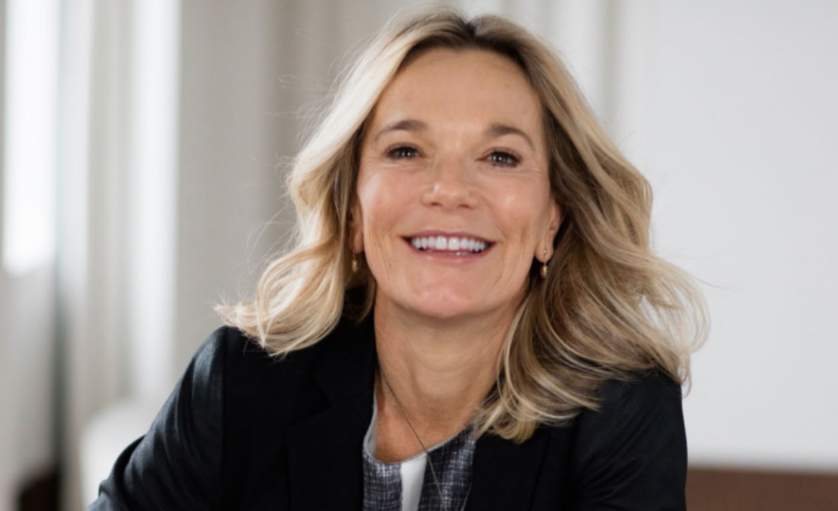Chagos Islands Transfer to Mauritius Delayed by UK Court
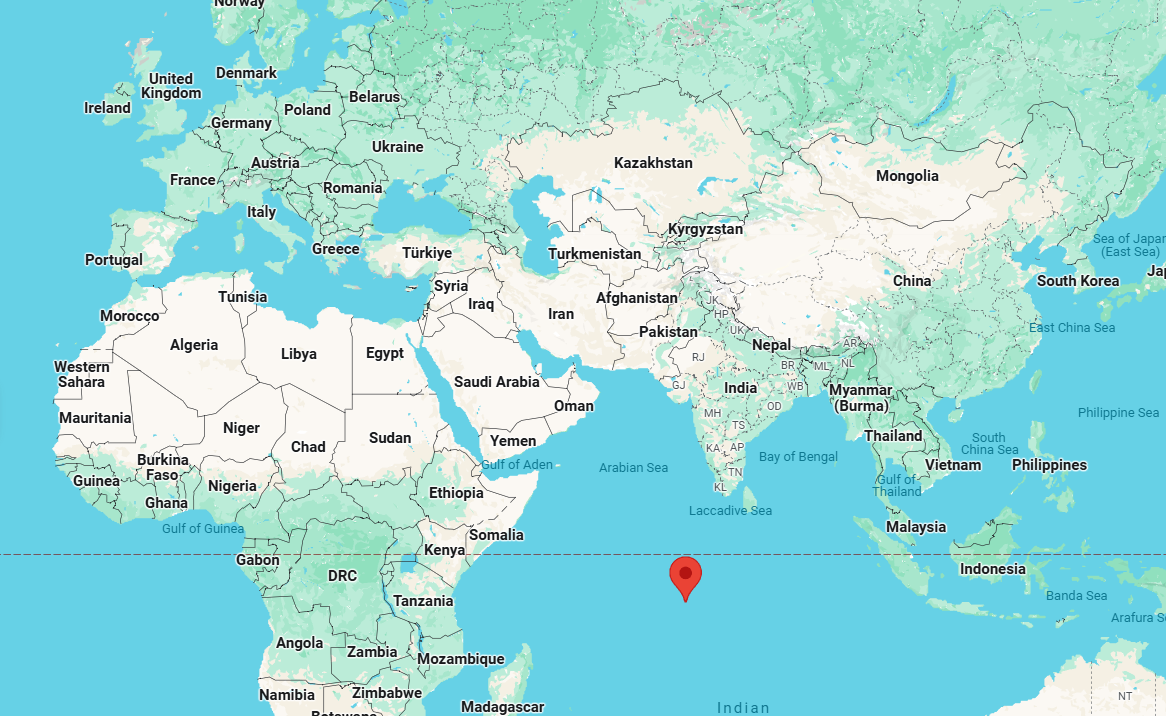
© Google Maps
Recently, a UK court stepped in at the last moment to pause a significant deal that would have transferred control of the Chagos Islands from the UK to Mauritius.
The Chagos Islands, a remote archipelago in the Indian Ocean, have been at the heart of a decades-long tug-of-war.
This decision has sparked debates about history, justice, and global politics. What led to this moment, and why does it matter?
Chagos Islands Sovereignty Dispute
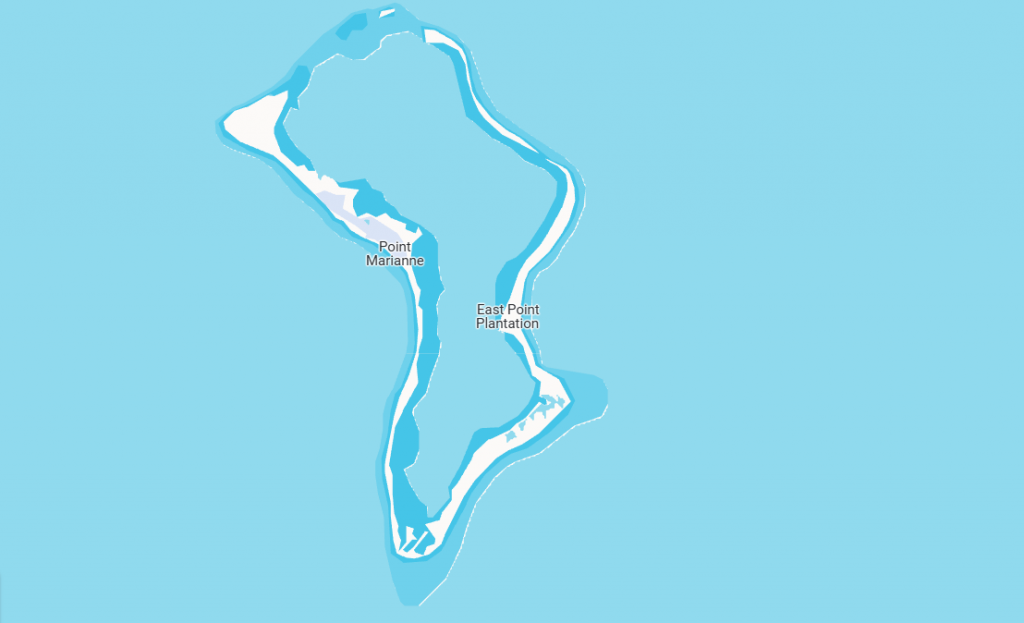
The Chagos Islands were separated from Mauritius in 1965, just before Mauritius gained independence from Britain.
The UK kept the islands as the British Indian Ocean Territory and leased Diego Garcia, the largest island, to the US for a military base.
Between 1965 and 1973, over 1,000 Chagossians were forcibly removed from their homes to make way for this base, a move widely criticized as a colonial injustice.
Mauritius has long claimed the islands were illegally taken, a view supported by the United Nations and its top court in 2019, which called for the UK to end its control.
In October 2024, the UK and Mauritius announced a deal to hand over sovereignty to Mauritius while allowing the UK and US to maintain the Diego Garcia base for 99 years.
The agreement included financial support for Mauritius and a resettlement fund for Chagossians, though not for Diego Garcia.
However, the deal faced criticism for excluding Chagossians from negotiations, leading to legal challenges.
The Court’s Intervention
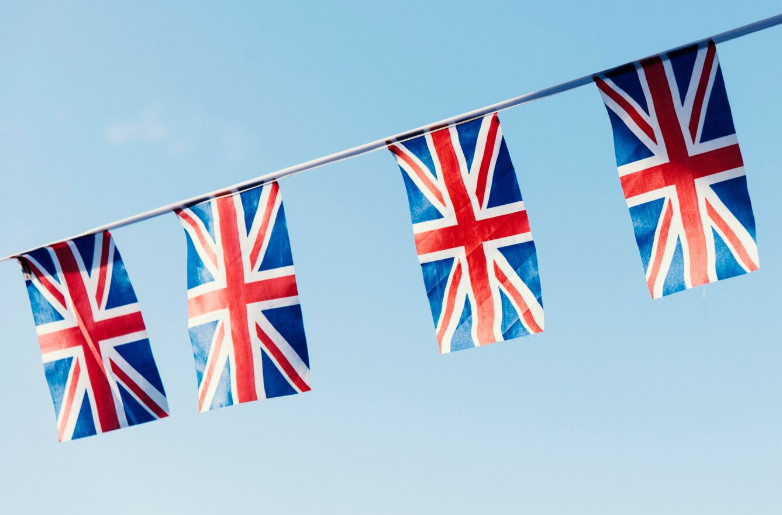
On May 22, 2025, just hours before the deal was to be signed, a London High Court judge, Mr. Justice Goose, issued an injunction to stop it.
The legal action came from two Chagossian women, Bernadette Dugasse and Bertrice Pompe, who argued that the agreement ignored their community’s rights.
They want to return to their homeland and maintain British citizenship, fearing that Mauritius’ control could complicate this.
The court’s order prevents the UK from finalizing the deal until a further hearing, giving Chagossians a chance to voice their concerns.
The decision has stirred mixed reactions. Some Chagossians, like Mylene Augustin, see it as a step toward justice, emphasizing their right to self-determination.
Others, like Olivier Bancoult, view the deal as a partial victory, acknowledging past wrongs but wanting clearer resettlement plans.
Meanwhile, critics in the UK, including the Conservative Party, argue the deal risks national security due to Mauritius’ ties with China.
Global and Local Impacts
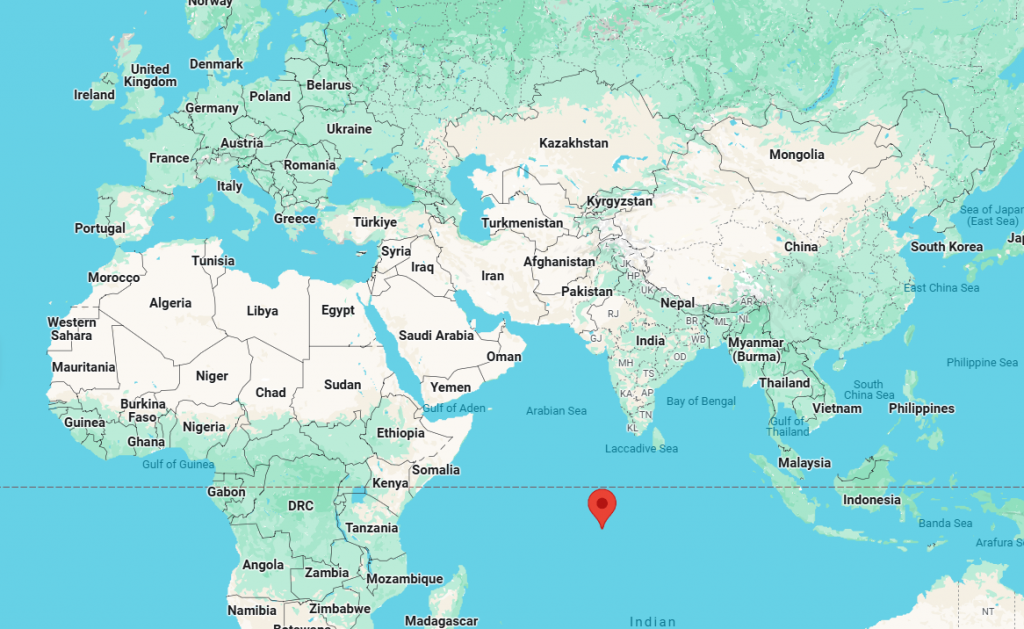
The Chagos Islands sovereignty dispute is more than a legal battle; it’s a story of global strategy and human rights.
The Diego Garcia base is crucial for US and UK military operations, used in conflicts like Afghanistan in 2001 and Yemen in 2024.
The deal’s pause raises questions about its future, especially with concerns about China’s influence in the region.
Mauritius’ new government, elected in 2024, has also pushed for better financial terms, adding complexity to the talks.
For Chagossians, the fight is personal. Many live in the UK, Mauritius, or the Seychelles, displaced from their homeland.
They demand a say in their future and the right to return, especially to islands other than Diego Garcia. The court’s action offers hope but also uncertainty, as the deal’s fate hangs in the balance.
This moment highlights the clash between international law, national interests, and the rights of a small but resilient community.
As the UK and Mauritius navigate this dispute, the world watches to see if justice for the Chagossians and strategic stability can coexist.
You might also want to read: Japan Discovered 7,000 Islands They Never Knew Existed
